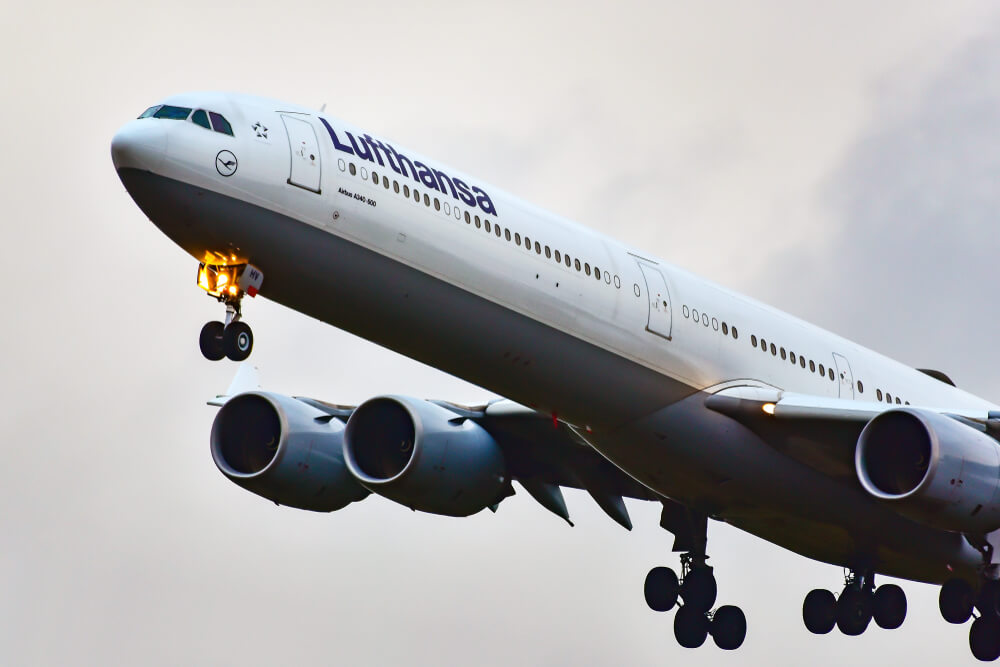The long-lasting drama of Lufthansa (LHAB) (LHA) taking up state aid to weather the storm of the coronacrisis is seemingly coming to an end. After the German government agreed to give the German airline group the required sum of $9.8 billion (€9 billion), the company hit its first stumbling block: the European Commission (EC), as the European lawmakers attached strings to the deal, if Lufthansa (LHAB) (LHA) wanted it to be approved. The group finally finished negotiating with the EC and will receive the state aid package.
However, the supervisory board of the company vetoed giving up slots in its two main hubs in Germany in Frankfurt (FRA) and Munich (MUC), including basing less aircraft in the country. The supervisory board concluded that the conditions imposed by the EC would lead to a weakening of Lufthansa’s (LHAB) (LHA) main hubs, which needed to be “analyzed intensively.”
Thus, the company decided not to accept the European lawmakers’ additional requirements and did not hold an extraordinary general meeting for its shareholders to also vote on the matter.
Change of tone
On May 30, 2020, Lufthansa Group changed its tone. The executive board of the company approved a reduced scope of the European Commission’s conditions. The new strings by the EC include 24 take-off and landing slots that would be transferred to new competitors at Frankfurt and Munich, with the option to station up to four aircraft at one of the airports.
On June 1, the supervisory board joined the executive board in sharing the same opinion. A general shareholders meeting will be held on June 25, 2020, notified the airline.
The slots, which would be auctioned off by the airline, would only be available to airlines that have not served the two airports yet and have not received any state aid as a result of the coronacrisis. If no new competitors arise to the occasion in the next year and a half, the option to take up the slots would be extended to existing airlines at the airport.
The airline’s supervisory board viewed the stabilization measures of $9.8 billion (€9.0 billion) “as the only viable alternative for maintaining solvency,” when it first voted on the proposed strings by the European Commission.
This would not be the first time that Lufthansa (LHAB) (LHA) changed its mind on the matter of state aid. In April 2020, the airline explored whether it would be smarter to declare self-insolvency and go through a very similar process to a Chapter 11 bankruptcy in the United States, whereupon the company is able to reorganize itself under bankruptcy protections, while also still being actively involved in its daily business.
Nevertheless, the German airline group changed its tune and on May 25, 2020, announced that the company had concluded its negotiations with the German Economic Stabilization Fund (WSF) for a deal worth up to $9.8 billion (€9.0 billion).
Pilots from various European Union countries’ pleaded the European Commission to accept the deal without any strings attached.
“Neither the employees of the Lufthansa Group, nor the citizens of Europe will understand if tens of thousands of jobs are lost not because of COVID-19, but because of conditions imposed by the EU Commission,” read a publicly addressed letter to the President and Executive Vice President of the EC.
Job cuts, seemingly, are still coming. The chief executive officer of the company Carsten Spohr stated that “a slow market recovery in global air traffic makes an adjustment of our capacities unavoidable.”
“We want to discuss with our collective bargaining and social partners how the impact of this development can be softened in the most socially acceptable way possible,” added Spohr.
A meeting with top unions, including Verdi, Vereinigung Cockpit and UFO, is in the works.
